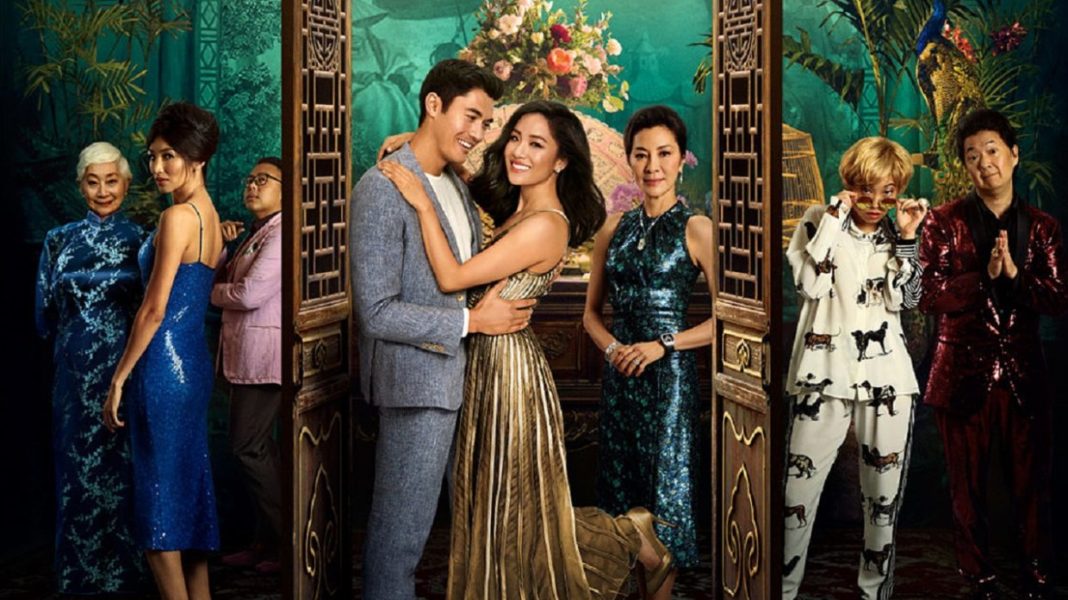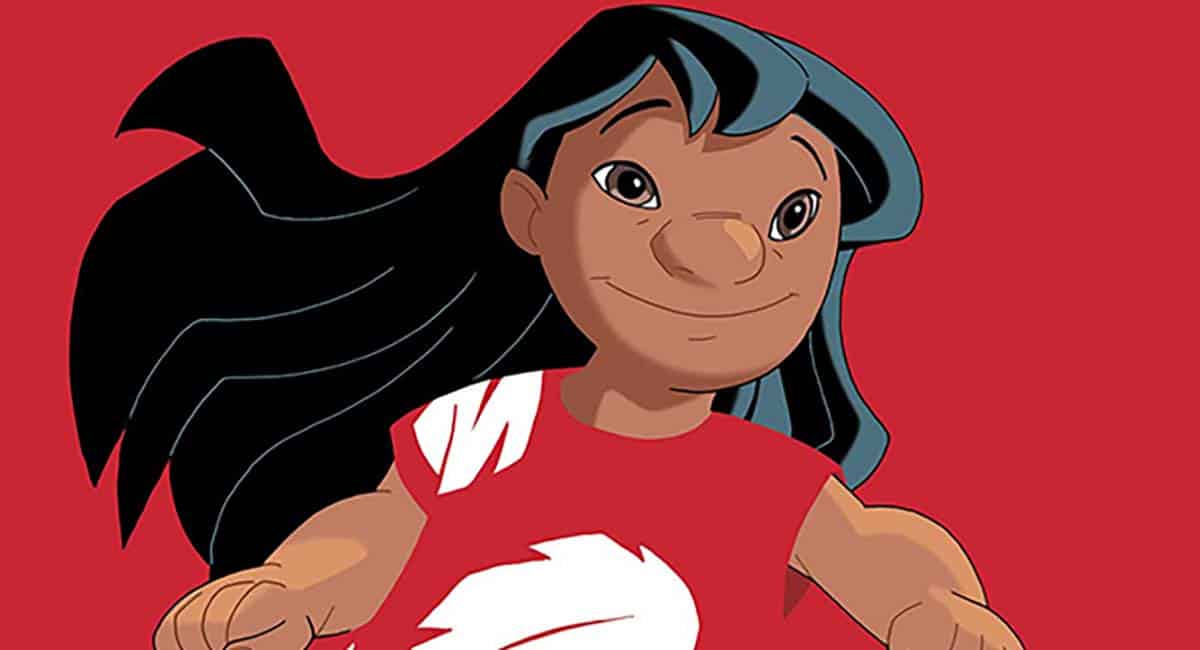By Andrew Nguyen
For the fourth year in a row, New York Comic-Con assembled a panel of Asian-American creators, activists, and leaders to discuss the difficulties of broadening Asian/Asian-American representation in media and possible solutions for rectifying a predominantly white male comics and movies scene.
As a landscape for Asian/Asian-American creators widens, how do we have conversations about working out the kinks that go along with increasing sorely-needed representation in mainstream media?
Answers to this and more were discussed at New York Comic-Con’s Fourth Annual “Super Asian American” panel, featuring speakers like writer Greg Pak (Agents of Atlas), podcast host Keith Chow (Nerds of Color), marketing expert Lisa Wu (A Wave Blue World), author Preeti Chhibber (Spider-Man: Far from Home: Peter and Ned’s Ultimate Travel Journal), and actors Jin Ha (Hamilton) and Celia Au (Wu Assassins), and hosted by Mike Le (Racebending). On the afternoon of NYCC’s last day, as the weekend of TV show activations, video game launches, and comics gatherings drew to a close, this star-studded cast of Asian-American creators hashed out the nitty-gritty details that come with getting more diversity onscreen.
While Crazy Rich Asians (2018) stunned mainstream audiences as both a box office success and a critically acclaimed silver screen feature, Pak remarked that Searching (2018), a film released soon after John Chu’s adaptation of Kevin Kwan’s novel, received starkly less attention despite being similarly acclaimed. Two movies featuring Asian-American leads, they demonstrated both the growing opportunity for seeing Asian-Americans on the center stage and the increasingly apparent issue of tokenism. A market where a few Asian-Americans are trailblazing at movie theaters hasn’t solve the prevailing issue of a lack of diversity.
Pak discussed how, after leaving film school for a world newly turned to digital recording, he found that there were few spaces in which doors were open for him to create stories he wanted to tell—so he started small, getting together like-minded friends to carve out new spaces, new communities who were speaking to ones already existing and being left out of the conversation.
When it came to drawing an audience for creative projects, Wu, who attended military school and was later drafted by the likes of Dave & Buster’s and Aftershock Comics, discussed how important it was for creators to tap into their communities, the people they know and love — whether it be through Facebook or by phone call — when wanting to make a difference. She and Chow emphasized how, when getting an important message to a public, being honest about one’s identity and heritage go a long way towards gaining a following.
And an honest-to-goodness following for any Asian-American makers and doers can even look like a ground-up Kickstarter campaign or a Patreon page, where crowdfunding is emblematic of both a devoted fanbase and creative freedom. The panel agreed on the point that having a hundred small-time backers can sometimes be more empowering than a few, controlling investors.
The panelists also agreed that, once in the door, sharing success with friends and family — the communities for whom Asian-Americans are working — is key. Pak described how he’ll often try and bring up-and-coming artists and collaborators onboard for projects he’s working on. Ha talked about how the key to preventing tokenism onstage or in Hollywood meant that there needs to be more Asian-American content everywhere, so that viewers can’t stake all representation on any single piece of work; for him, and ultimately for the panel, this meant embracing the need for “more mediocre Asian-American content.”
Another problem presented by the scarcity of Asian-American representation was the pitting of the few pieces of media that exist in the landscape against each other. The majority-white jury that is the Academy shouldn’t be the ones to pass fair judgement in deciding a preference for either Crazy Rich Asians or Searching. But in addressing that problem, Chhibber said, difficulties arise preventing those who should be able to judge from doing so.
Criticism of Asian-American media that is representative of one experience of Asian-ness in America (usually that of people of East-Asian descent) can’t open the door for privileged voices to make wrongful commentary. Chhibber talked about the inadequate depiction of South Asian characters in Crazy Rich Asians, but she talked about the extra burden of having to explain such a nuance. Wu and Au agreed that engaging such important discussions about having fair criticism involves trust and open communication that is invaluable to creators only just setting out on their careers in an evolving Asian-American media frontier.
Even though this was my first ever comics convention, I was pleasantly surprised to find such a nuanced conversation about representation taking place at the mainstream level. As a Vietnamese-American, I appreciated a discussion with creators I admire that covered topics like tokenism, criticism, and Bowen Yang joining the Saturday Night Live cast. Moving forward, in telling the stories I want to tell, I can be assured in knowing that I’m one in a community of storytellers, all helping to make all our voices heard.







